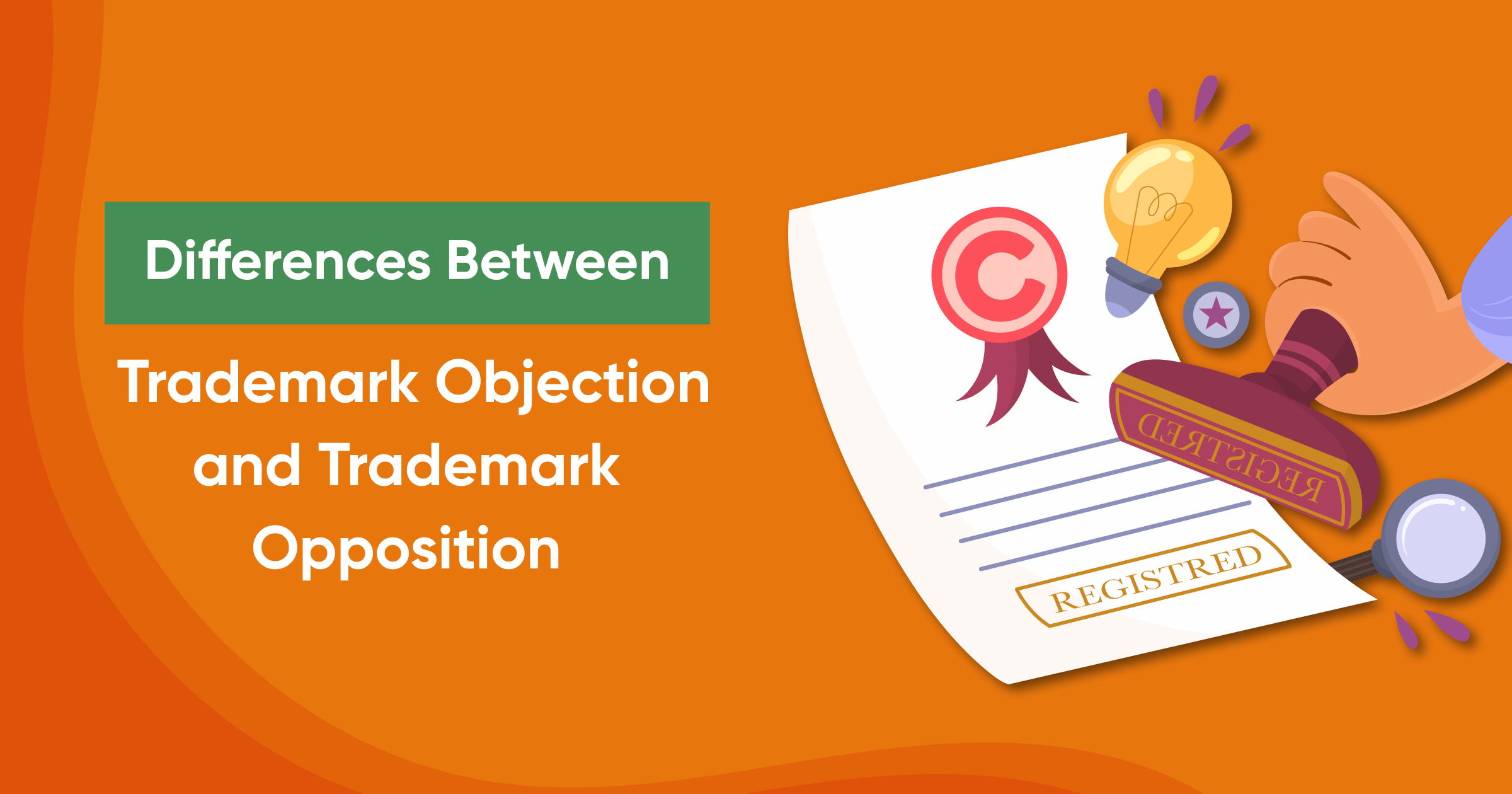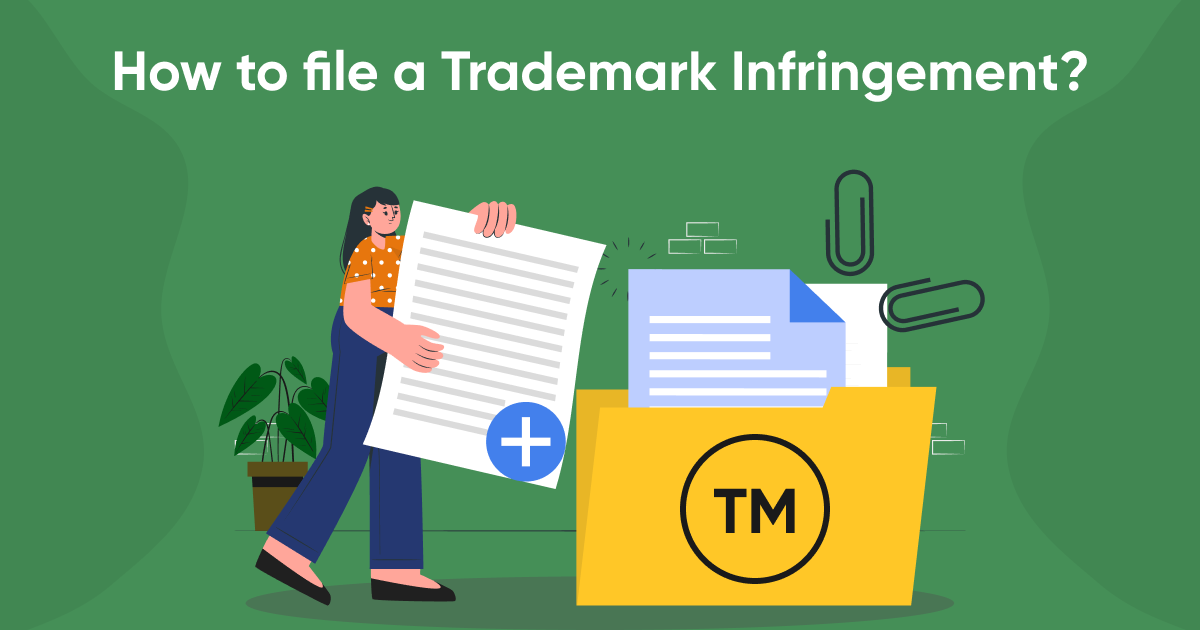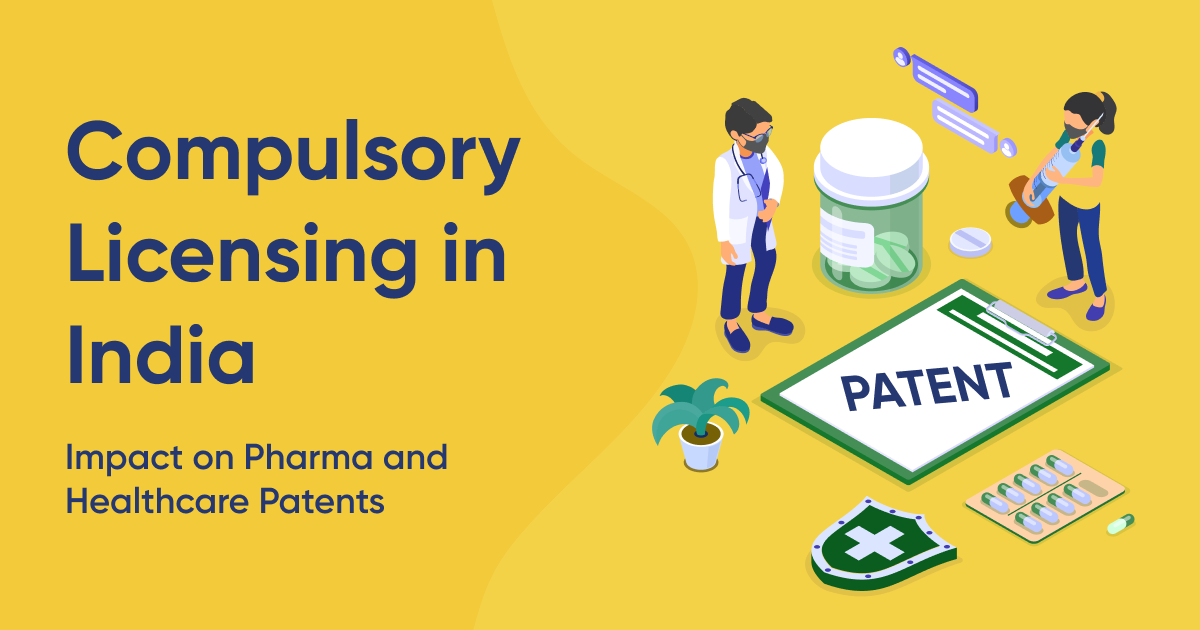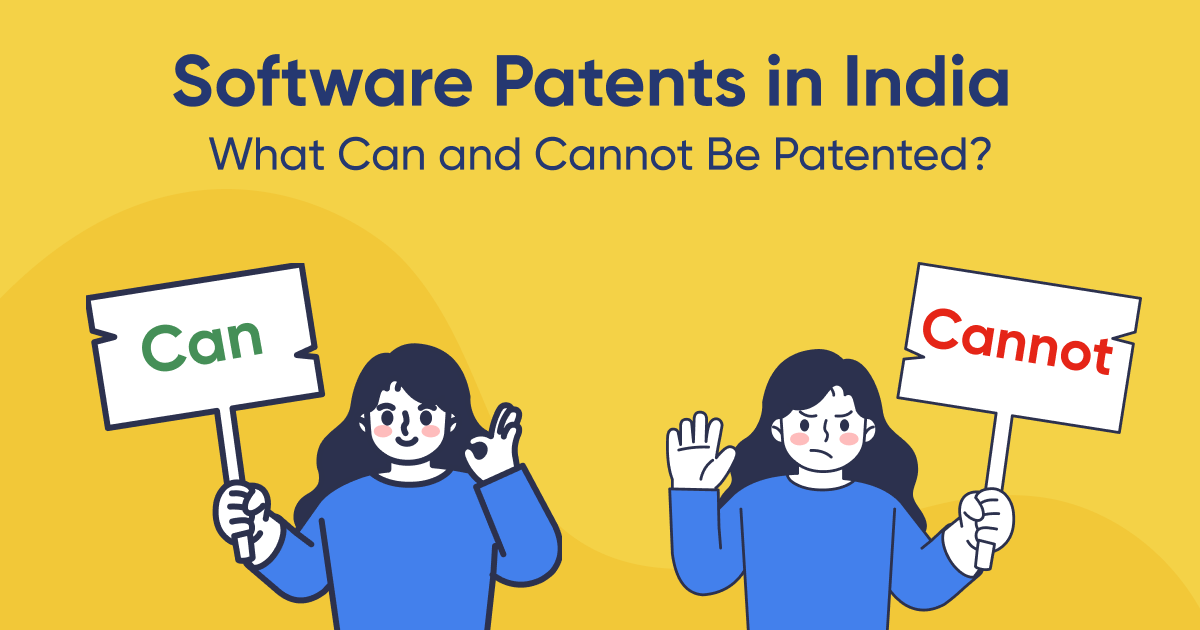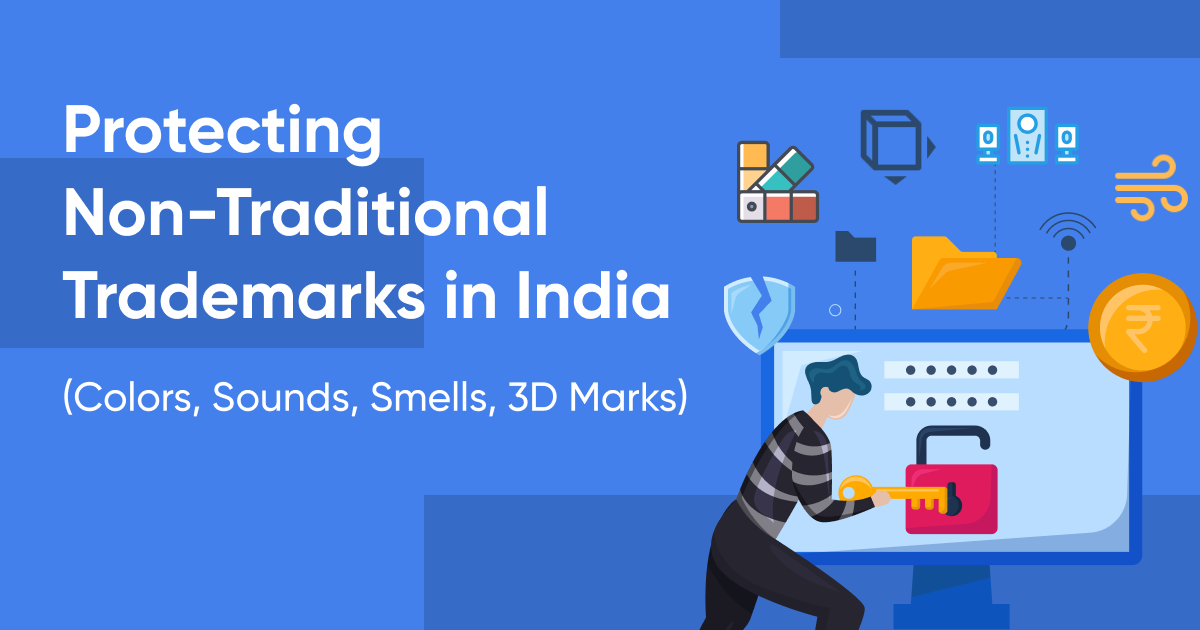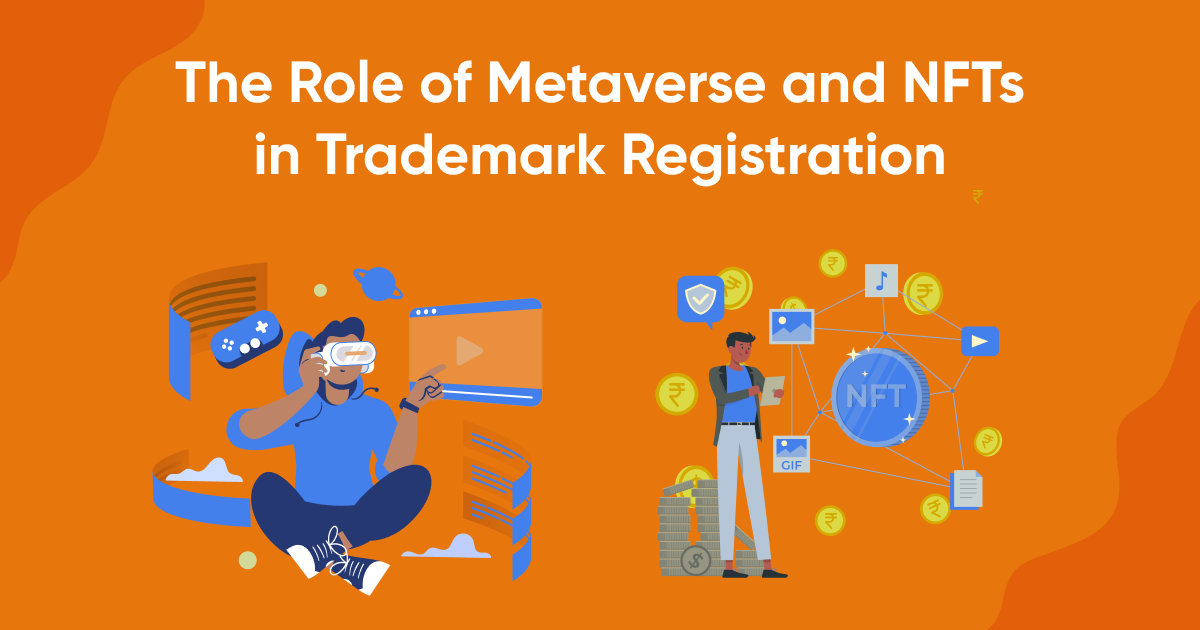In the journey of trademark registration, you may encounter various hurdles. Two of the most common ones are trademark objections and trademark oppositions. While they might sound similar, they are distinct processes with different implications for your trademark application. This blog will explore the differences between trademark objections and oppositions, helping you understand each process and how to navigate them effectively.
What is a Trademark Objection?
A trademark objection occurs during the examination stage of your trademark application. After you file your application, the Trademark Registrar examines it to ensure it complies with all legal requirements. If the Registrar finds any issues, they may raise an objection. Common reasons for trademark objections include similarity to existing trademarks, descriptive or generic terms, or non-compliance with trademark laws.
When a trademark objection is raised, the applicant is notified and given the opportunity to respond. The response should address the concerns raised by the Registrar and provide arguments or evidence supporting the trademark's registration.
What is a Trademark Opposition?
Trademark opposition, on the other hand, occurs after the trademark application has been published in the Trademark Journal. Once a trademark is published, it is open for public scrutiny. During this period, any third party who believes that the registration of the trademark may harm their interests can file a notice of opposition.
Trademark opposition is a more formal process compared to objections. The opposing party (the opponent) must file a notice of opposition within four months from the date of publication. The trademark applicant then has the opportunity to file a counterstatement defending their trademark. The process may involve evidence submission, hearings, and legal arguments before a final decision is made by the Trademark Registrar.
Key Differences Between Trademark Objection and Trademark Opposition
- Timing:
- Objection: Occurs during the examination stage, before the trademark is published in the Trademark Journal.
- Opposition: Occurs after the trademark is published, within the four-month opposition period.
- Raised By:
- Objection: Raised by the Trademark Registrar during the examination process.
- Opposition: Raised by third parties who may be affected by the registration of the trademark.
- Nature:
- Objection: Focuses on legal compliance, distinctiveness, and similarity to existing trademarks.
- Opposition: Often involves disputes over potential conflicts with the opponent’s trademark or other legal rights.
- Process:
- Objection: Requires the applicant to respond to the Registrar's concerns. The process is generally quicker and less formal.
- Opposition: Involves a more formal legal process, including evidence submission and possibly hearings.
- Outcome:
- Objection: If successfully addressed, the application proceeds to publication. If not, the application may be refused.
- Opposition: If the opposition is successful, the trademark application may be rejected. If the applicant successfully defends the opposition, the trademark proceeds to registration.
Procedure for Trademark Opposition in India
The procedure for trademark opposition in India is as follows:
- Notice of Opposition: The opponent files a notice of opposition within four months of the trademark's publication in the Trademark Journal.
- Counterstatement: The trademark applicant must file a counterstatement within two months of receiving the notice of opposition.
- Evidence Submission: Both parties are given opportunities to submit evidence supporting their claims. This stage may involve the submission of affidavits and documents.
- Hearings: In some cases, a hearing may be scheduled where both parties present their arguments before the Trademark Registrar.
- Decision: The Trademark Registrar reviews the evidence and arguments before making a decision. The trademark may be accepted, rejected, or sent back for further examination.
Frequently Asked Questions (FAQs)
What is trademark opposition?
Trademark opposition is a legal process where a third party opposes the registration of a trademark after it has been published in the Trademark Journal.
How is a trademark objection different from trademark opposition?
A trademark objection is raised by the Trademark Registrar during the examination process, while a trademark opposition is filed by a third party after the trademark is published.
What is the procedure for trademark opposition in India?
The procedure involves filing a notice of opposition, submitting a counterstatement, presenting evidence, and possibly attending hearings before a decision is made by the Trademark Registrar.
Can I oppose a trademark after it is registered?
No, opposition must be filed within four months of the trademark's publication in the Trademark Journal. After registration, other legal remedies may be available.
What are the fees for replying to a trademark objection?
The fees for replying to a trademark objection vary depending on the legal services you use. It’s advisable to consult with a trademark attorney for specific costs.
Conclusion
Understanding the differences between trademark objection and trademark opposition is crucial for successfully navigating the trademark registration process. Whether you're dealing with an objection raised by the Registrar or an opposition from a third party, knowing the steps and procedures can help you protect your brand. For more information on trademark registration in India , visit us today!
By following the right steps, you can ensure that your brand name and logo are properly protected, helping you build a strong and recognizable brand in the marketplace.
